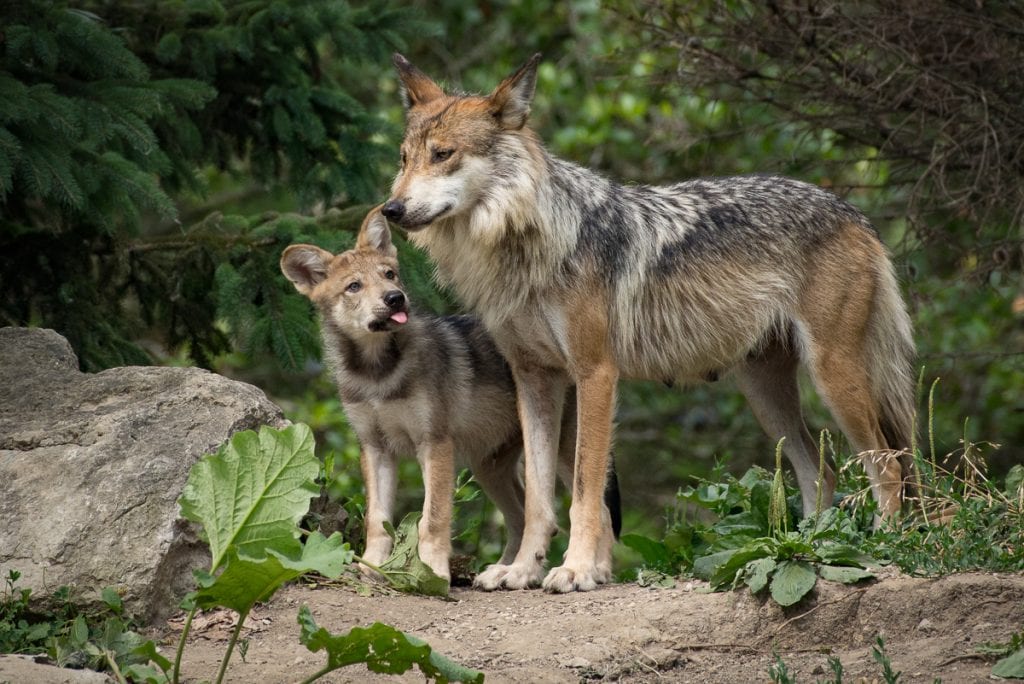The health of native species plays an important role in keeping ecosystems thriving and stable. Each species from ponderosa pines to grizzly bears are essential building blocks for the complexity and beauty of Earth’s ecosystems. Wildlife management initiatives directly affect the structure of these ecosystems. Unfortunately, lethal measures are often the solution for wildlife management.
Lethal practices against large carnivores such as grizzly bears, wolves, and Canada Lynx are expensive and detrimental to the livelihood of the species. These practices are employed when a carnivore is a perceived threat to livestock. Trapping and killing of carnivores in favor of livestock is destructive and ineffective because there are coexistence methods where both carnivores and livestock can thrive.
Because wildlife is managed in the public trust, it is our duty as citizens, leaders, and community members to protect and nurture all wildlife. There are several ways to get involved such as contacting federal agencies or other organizations who create coexistence plans. Another effective way to share your opinions on coexistence management is through public commenting on federal agency action plans that would impact large carnivores and livestock.
An agency is more likely to consider a comment that is clear, concise, and relevant to the proposed action. As a citizen, you have valuable information that the agency can use in its environmental review of the action, and possible to modify the action. Whether you are a scientist, environmental organization member, community leader or a citizen who is interested in wildlife coexistence, your input matters and can shape the agency’s response to wildlife conservation.
Here is a link to a legal memorandum I wrote about effective ways to write public comments about coexistence.
Grace Erispaha is a rising senior at St. Olaf College in Northfield, Minnesota pursuing an undergraduate degree in Economics and Environmental Studies. She interned with the legal team at WildEarth Guardians on wildlife coexistence research.
